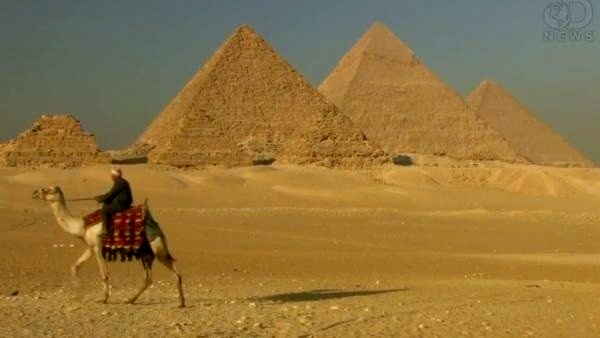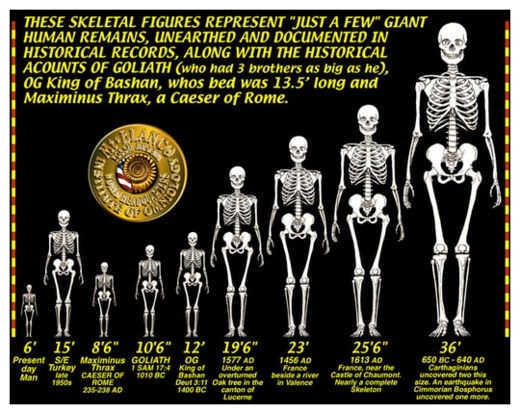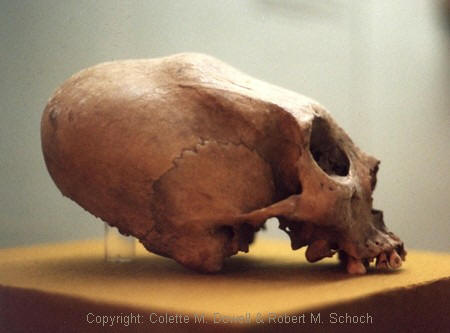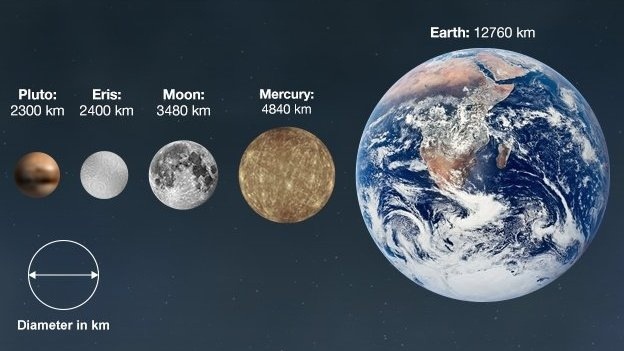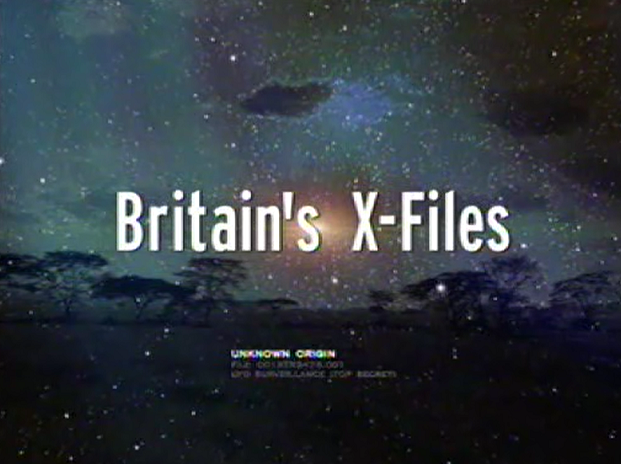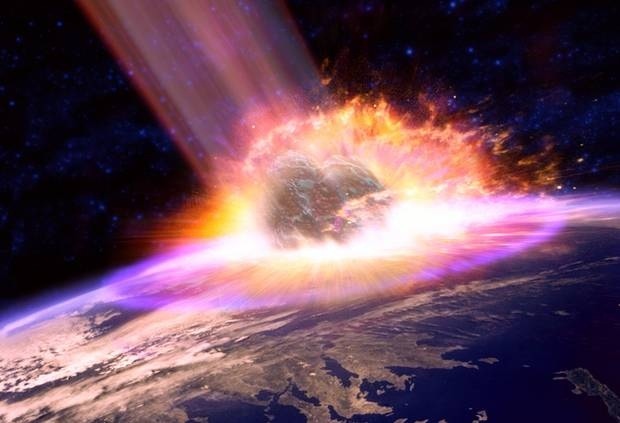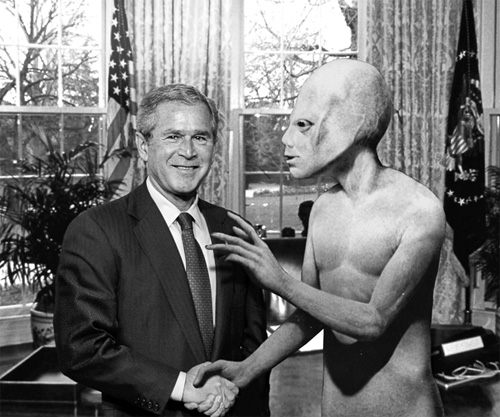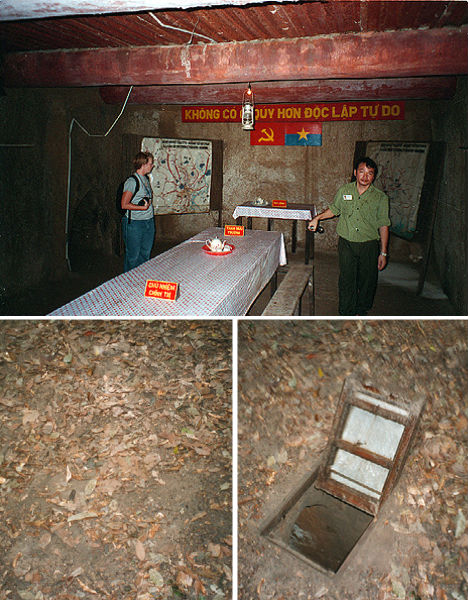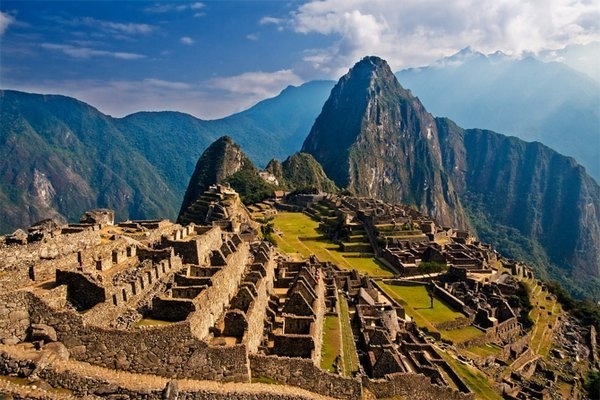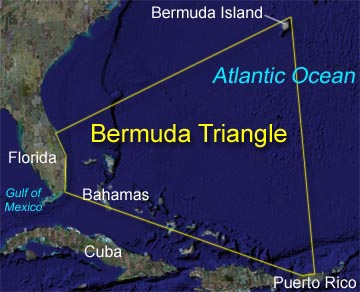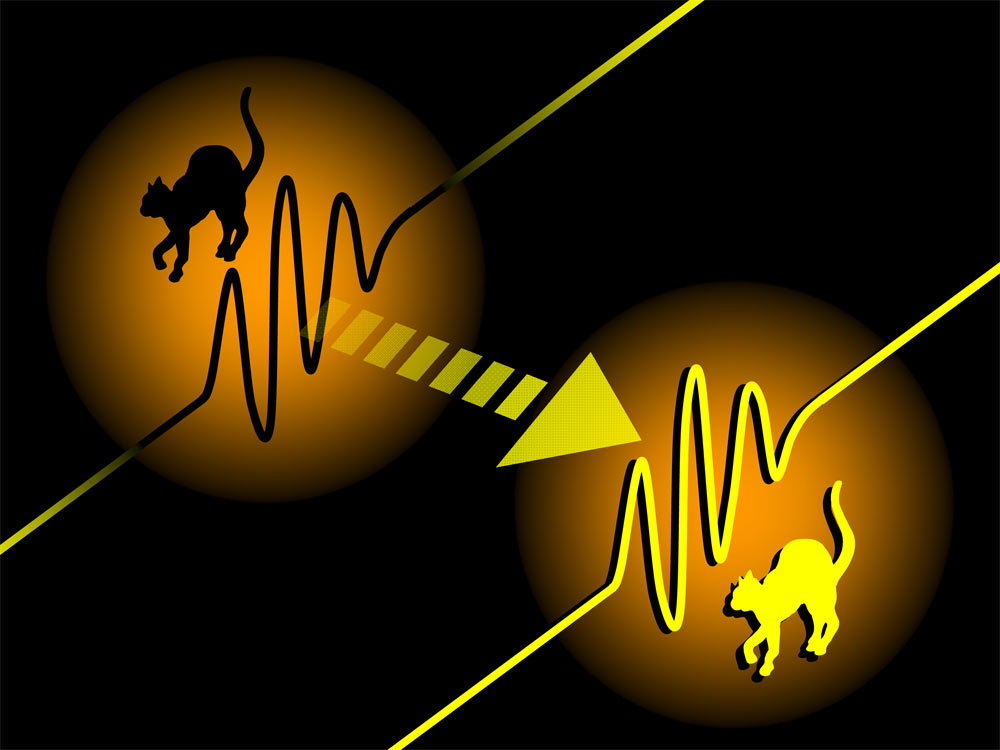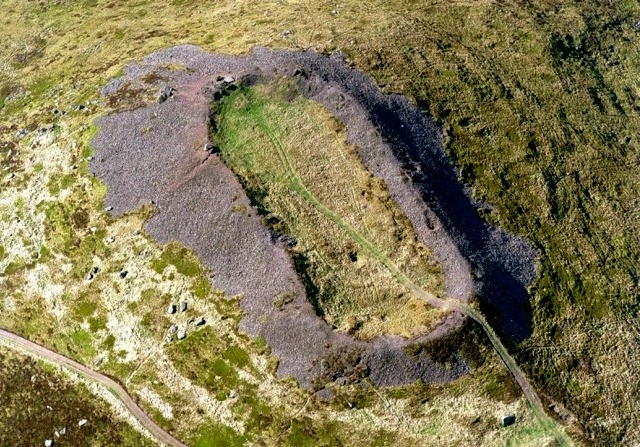
One of the strangest unexplained historical mysteries
In 1777, a man named John Williams, who was one of the earliest British geologists, described the phenomenon of vitrified forts. Vitrified forts are the name given to a type of crude stone enclosure or wall that shows signs of being subjected to intense heat. The structures have baffled geologists for centuries because people can’t figure out how the rocks were fused together. There is currently no accepted method for the vitrification of large scale objects. “The temperatures required to vitrify the entire fort structures are equal to those found in an atomic bomb detonation.”
Did the aliens visit Scotland?
Hundreds of vitrified fort structures have been found across Europe and 80 such examples exist in Scotland.
Some of the most remarkable include Dun Mac Sniachan, Benderloch, Ord Hill, Dun Creich, Castle Point, and Barra Hill. The forts range in age from the Neolithic to Roman period. The structures are extremely broad and present the appearance of large embankments. The process used to develop the walls is thought to have involved extreme heat and many structures show signs of fire damage. However, vitrification is usually achieved by rapidly cooling a substance. It occurs when bonding between elementary particles becomes higher than a certain threshold. Thermal fluctuations break the bonds, therefore, the lower the temperature, the higher the degree of connectivity.
The process of vitrification made headlines in 2012 when scientists used it to preserve organs and tissues at very low temperatures. Many historians have argued that vitrified forts were subjected to carefully maintained fires to ensure they were hot enough to turn the rock to glass. In order to do this, the temperatures would have been maintained between 1050 and 1235°C, which would have been extremely difficult to do.
It is also uncertain why people would have exposed the structures to such intense heat because when rock is superheated, the solid becomes significantly weaker and brittle. Some scientists have theorized that the vitrified forts were created by massive plasma events (solar flares).
A plasma event occurs when ionized gas in the atmosphere takes the form of gigantic electrical outbursts, which can melt and vitrify rocks. During solar storms, the Sun is known to occasionally throw off massive spurts of plasma.
The vitrified forts remain one of the strangest anomalies on Earth.
Aloha, I’m Amit Ghosh, a web entrepreneur and avid blogger. Bitten by entrepreneurial bug, I got kicked out from college and ended up being millionaire and running a digital media company named Aeron7 headquartered at Lithuania.

